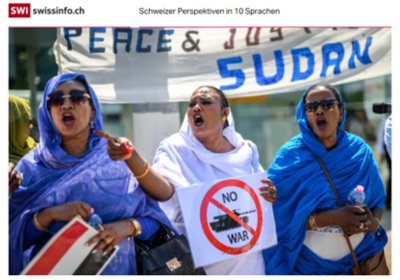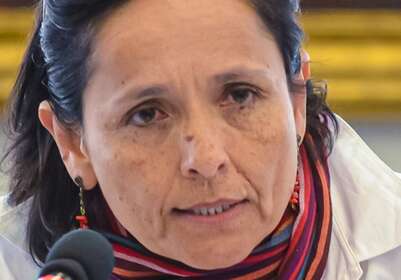Peacebuilding During Peace Negotiations:
Despite a growing awareness that the full, equal, safe and meaningful participation of women leads to more sustainable peace agreements, women remain largely excluded from formal peace negotiations. We strengthen women's participation in peace negotiations by finding creative ways to link formal and informal women's initiatives.
Studies show that women's participation makes peace agreements more sustainable. One reason for this is that women at the negotiating table are connected to women at all levels of society. This enables them to bring diverse concerns into peace agreements and improve their quality and durability. Nevertheless, women remain largely excluded from formal peace negotiations: according to United Nations data, women make up only a fraction of the negotiators, mediators and signatories of peace and ceasefire agreements.
Promoting trust and solidarity
There is often a lack of connection between peace activists working locally and at grassroots level and the women and men involved in formal talks. Together with our partners, we develop creative approaches that promote this exchange, as well as connections between them. This includes building alliances, informal exchange meetings and working groups. This collaboration leads to an exchange of knowledge between different women, promotes mutual trust and solidarity, provides access to decision-makers, which in turn strengthens the legitimacy of female peace brokers, experts and mediators at the negotiating table. Together, they contribute to more comprehensive and sustainable peace agreements with a higher implementation rate.
In this area of activity, which was launched in 2024, we are working together with our partners in pilot programmes in Colombia and Sudan to ensure that women's perspectives, visions and demands are better taken into account in formal peace negotiations – leading to more comprehensive and sustainable peace agreements.
More information about the overarching goals of our programmes and how we apply our "ABC of feminist peacebuilding".

